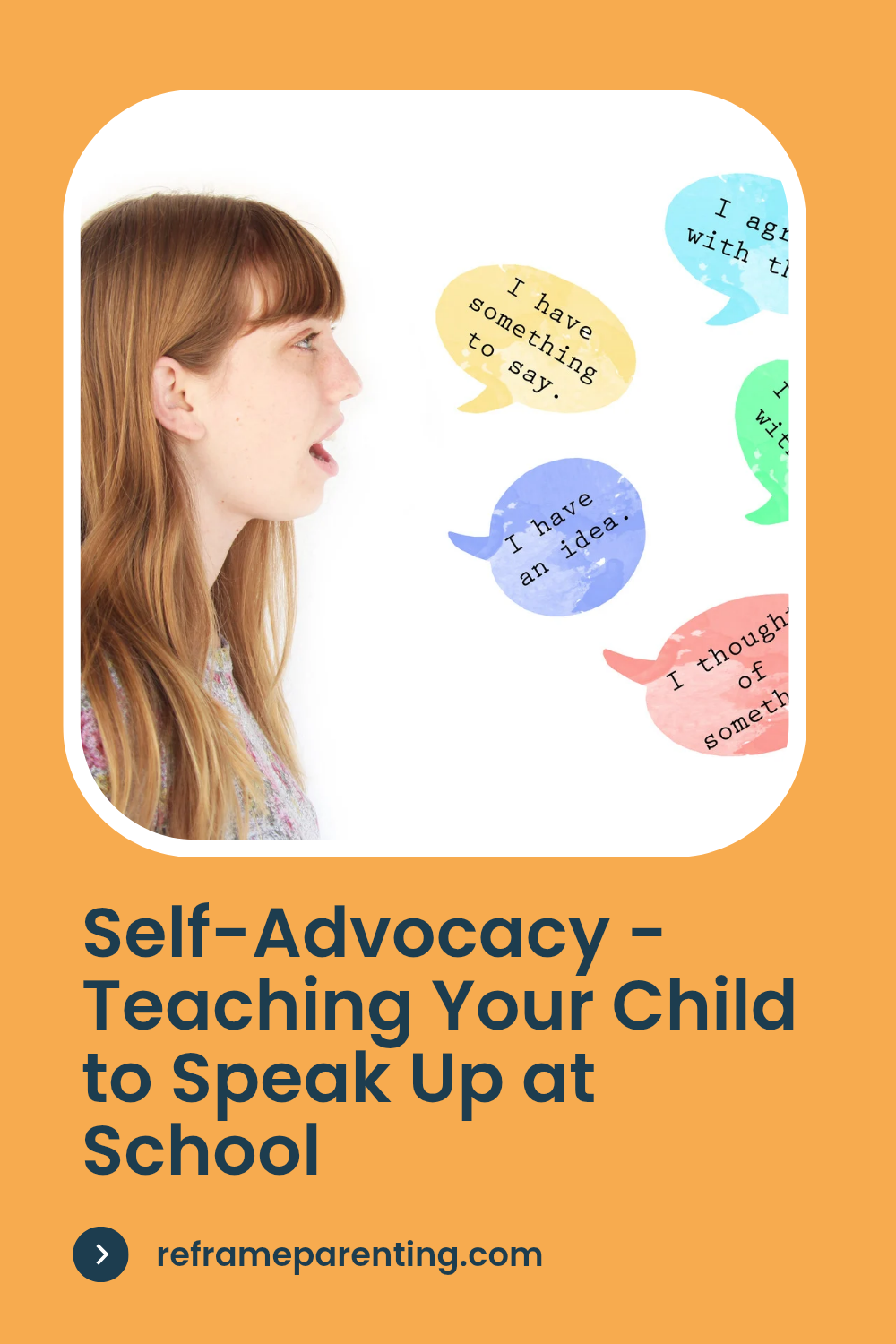Why is Flexible Thinking so important for kids (and grownups too)?
It took a surprise snowstorm to get me noodling about flexible thinking this week. It wasn’t just the snow itself (we got over 10 inches which is A LOT for the PNW and shuts down our whole city for days) but also the long treacherous drive to pick up my kid from school when the bus didn’t come. It should have taken 20 minutes and took over 2 hours.
Did I handle it perfectly, uh, absolutely not. Did I use curse words while navigating around cars spun off the road, well, yes. Did I try my best to go with the flow, also yes.
These kinds of unexpected changes of plans happen - even (and often especially) when we try hard to avoid them. Stuff happens. It can be difficult for us all, but it’s especially challenging for anyone who has trouble with executive functioning. Read more about executive functioning here.
Those are our rigid thinkers, the ones who need routine to feel comfortable, and who get thrown when things don’t go as planned. Kids with ADHD, anxiety, autism, and learning disorders can be especially prone to rigidity. For them, small speed bumps in daily routines can send them spinning. It’s a lack of flexible thinking.
Do you have a kiddo in your house that struggles with this too?
What is flexible thinking?
Flexible thinking is exactly as it sounds – seeing and thinking about things in different and flexible ways. And it’s essential to emotional regulation AKA the ability to manage our big emotions as they come. Rolling with things doesn’t come easily to everyone. When things don’t go as planned, it can really throw them off.
Signs of inflexible thinking:
Catastrophizing - everything will be awful because of the unexpected change.
Inflating small changes into large emotional reactions.
Getting stuck in the emotions the change brought up (disappointment, frustration, panic, etc.) without being able to regulate and move on.
Unwillingness to try things if they feel uncomfortable or don’t go perfectly the first time.
Getting stuck in negativity about the new thing/activity/reality.
Missing out on potential fun or time with friends because they can’t accept that it didn’t go as planned.
How to develop more flexible thinking in kids?
Practice and model good flexible thinking yourself. Kids look to us to set examples for how to manage. When we stay calm in the face of unexpected change, it helps them know they are safe and that it isn’t the end of the world.
There are great resources out there for specific activities, games to try, and books to read to kids to help them grow their own flexible thinking. Here are some good ones:








